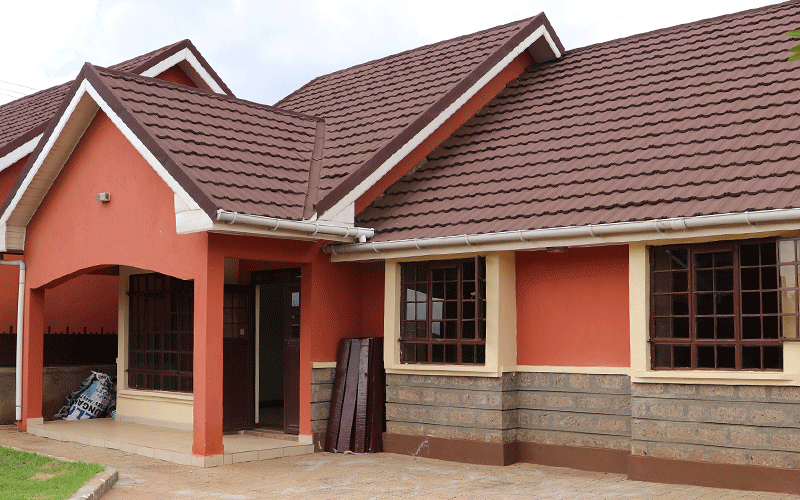How virus is driving changes in Kenya’s real estate industry

HOUSING: Property developers from Kenya are among those from the global community with plans to consider fresh designs in future taking into account the impact Covid-19 has had on investments.
The move to set up designs is influenced their experiences during the scourge and would in future take technology into account.
Real estate developers are also concerned about constraints to delivery, domestic demand and cities, says Global Development Report 2020: How Covid-19 is accelerating design trends and impacting housing delivery by Knight Frank.
The pandemic caused completion of projects to delay and developers want to avoid similar setbacks in future, according to real estate developer, Francis Kihanya.
Virtual offerings
“Sales will be more geared towards virtual offerings such as 3D images, virtual viewings and walkthroughs,” he says.
Almost two-thirds of respondents see sales geared towards virtual offerings from now on.
This enables a more inclusive sales process with buyers able to have the architect or designers speak directly to them, via webinars for example, enabling more interaction with the developer and a better experience.
At least 77 per cent of developers revealed they will be considering the use of advanced technology (telecommunications, internet connectivity and touch-free) in future developments.
According to the report, almost six in 10 real estate developers globally have delayed projects in response to the spread of Covid-19, as the virus wreaked havoc on supply chains and prompted a wholesale rethink of how and where people want to live.
The report features responses from 160 global developers from 22 locations including Kenya, Tanzania and South Africa, revealing the pandemic’s impact on near-term housing supply and long-term design trends.
The biggest concern when thinking about future developments remains to be funding, according to 30 per cent of the respondents, this is followed by property market regulation and taxation (22 per cent ).
Of those developers with delayed projects, more than four in 10 are now making changes to designs that were once considered complete.
At least 63 per cent of developers revealed that their sales will be more geared towards virtual offerings such as 3D images, virtual viewings and walkthroughs.
Following a period of unprecedented restrictions on movement, 43 per cent said developments will be more sensitive to the requirements of domestic buyers while 50 per cent said they will retain their current status.












